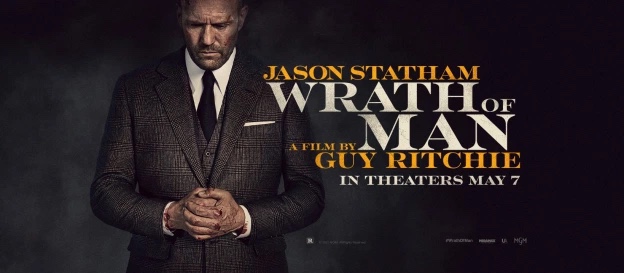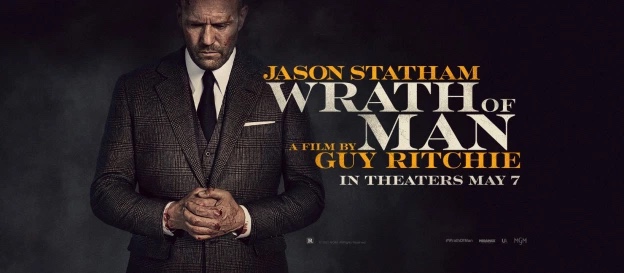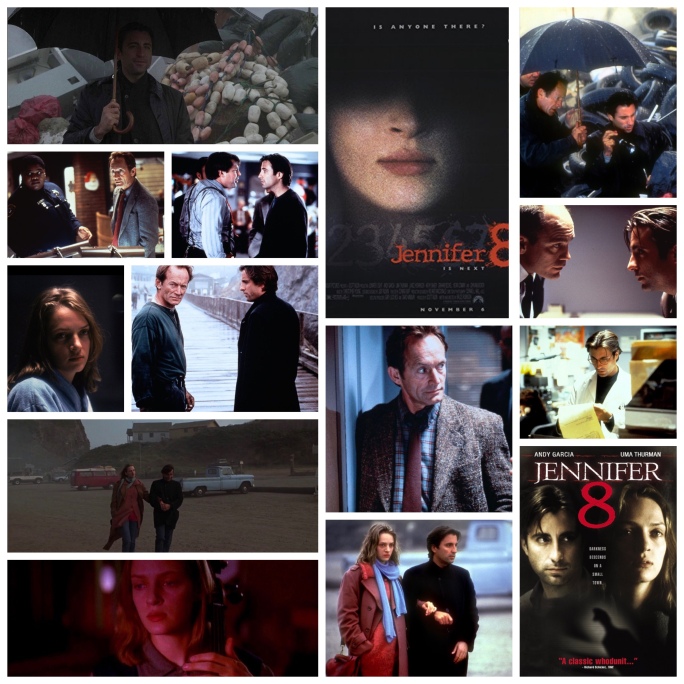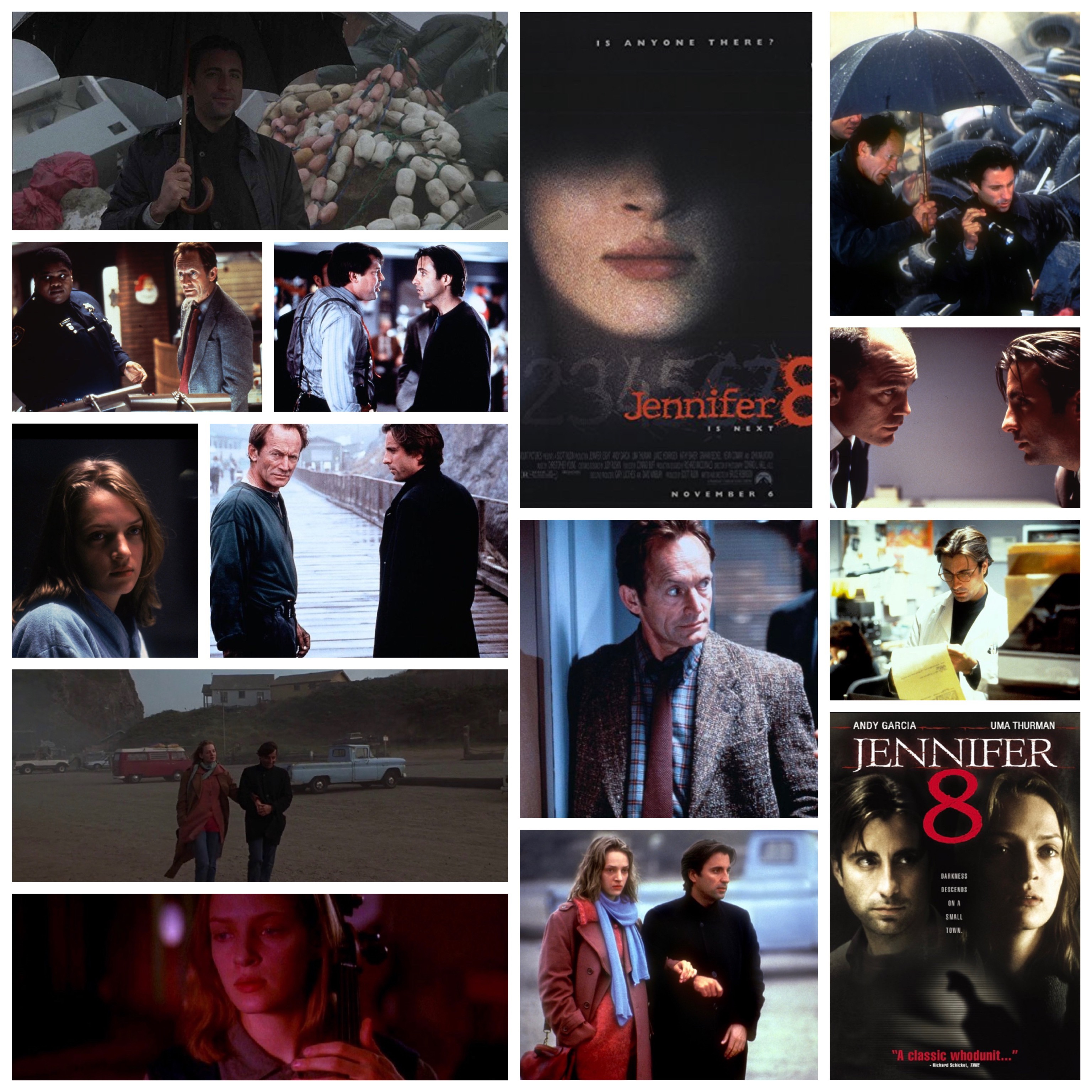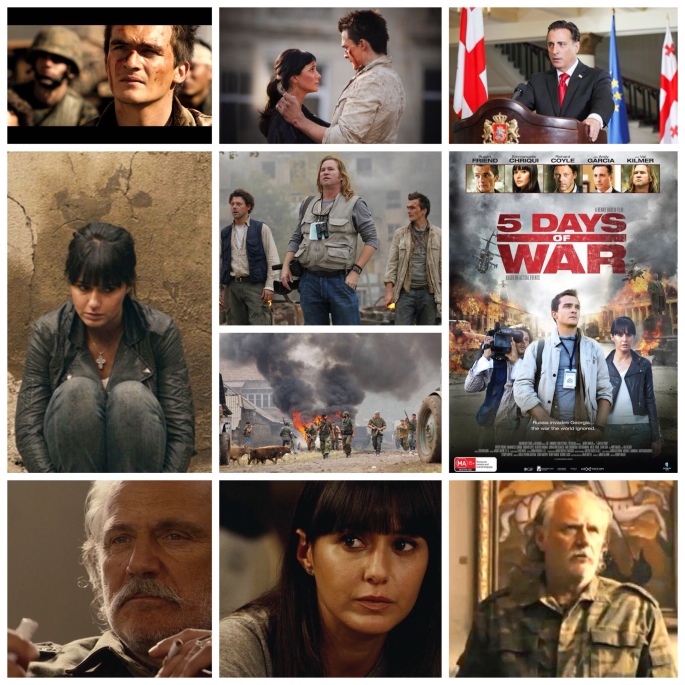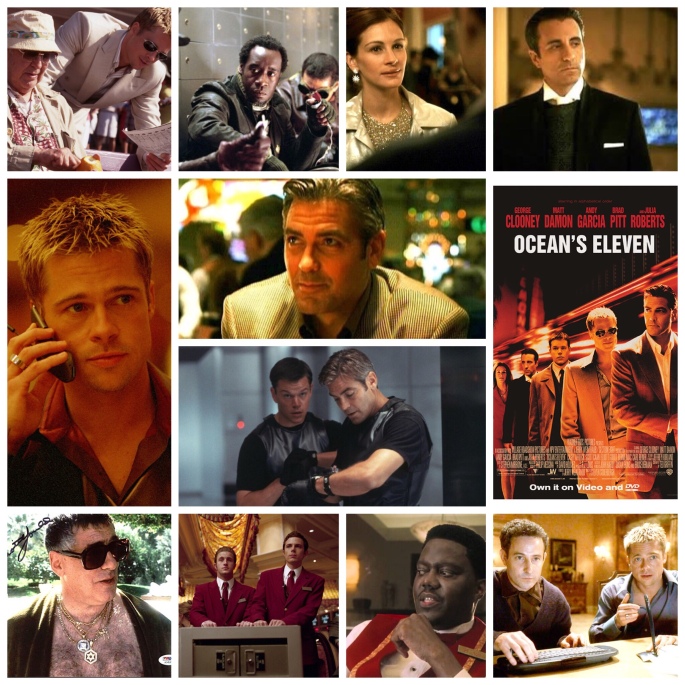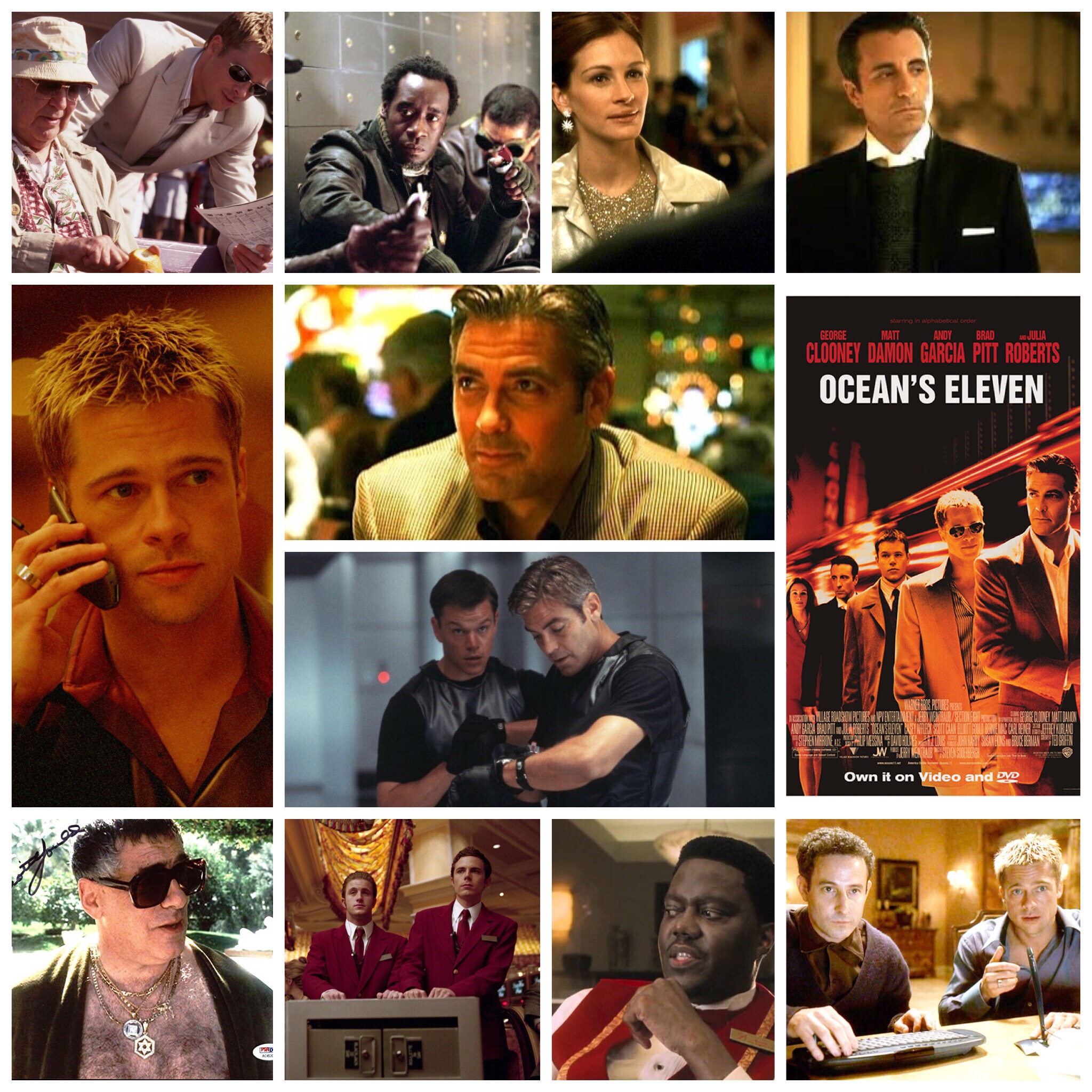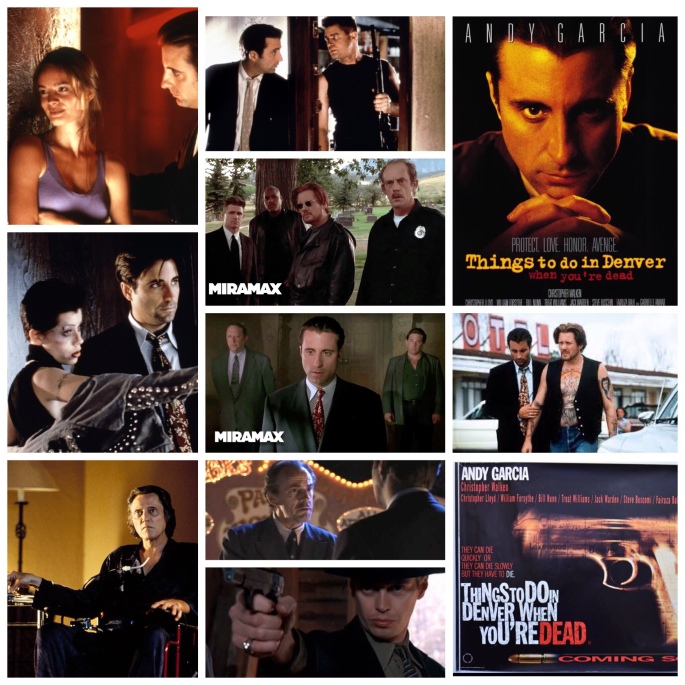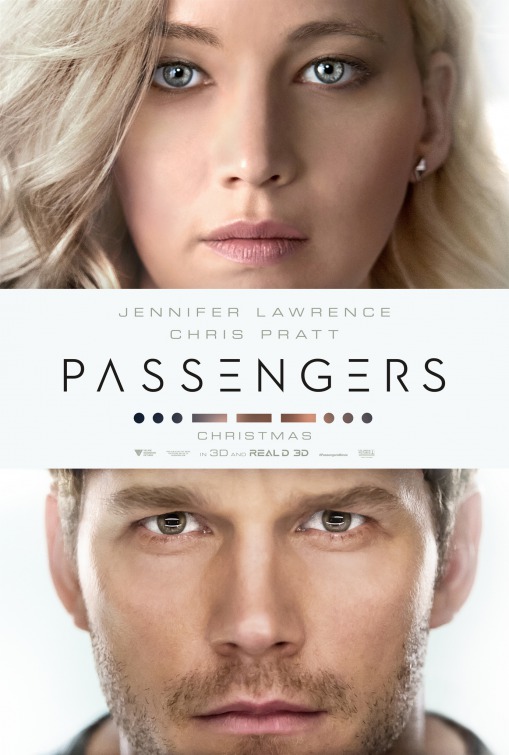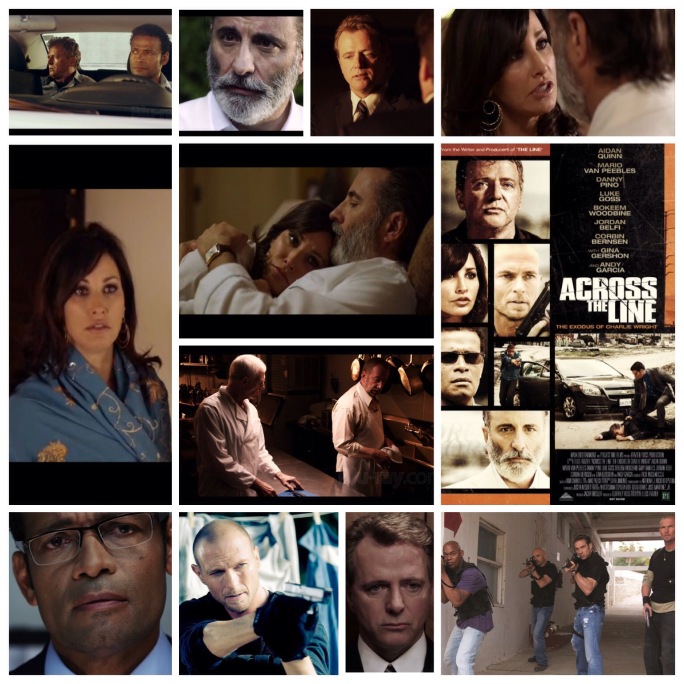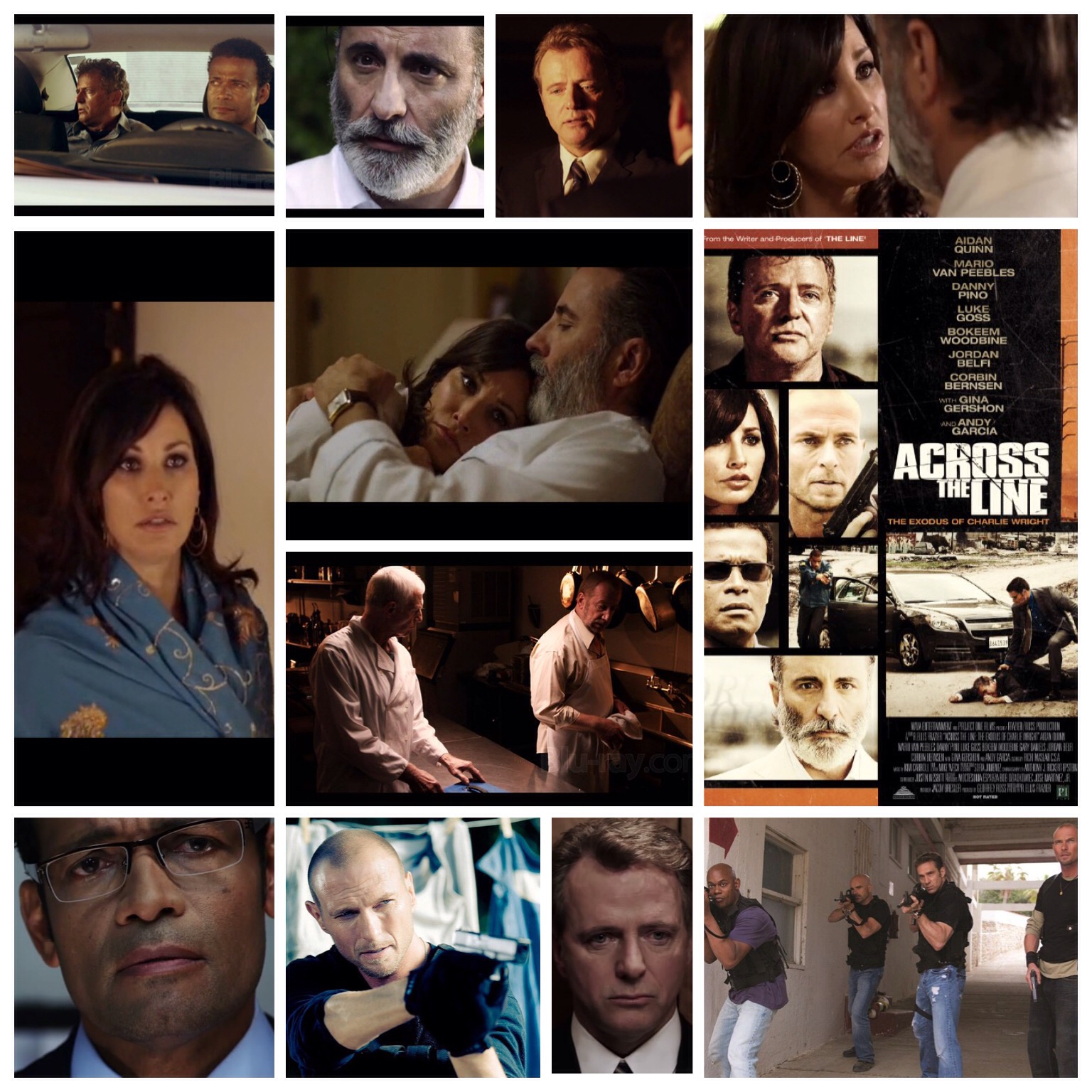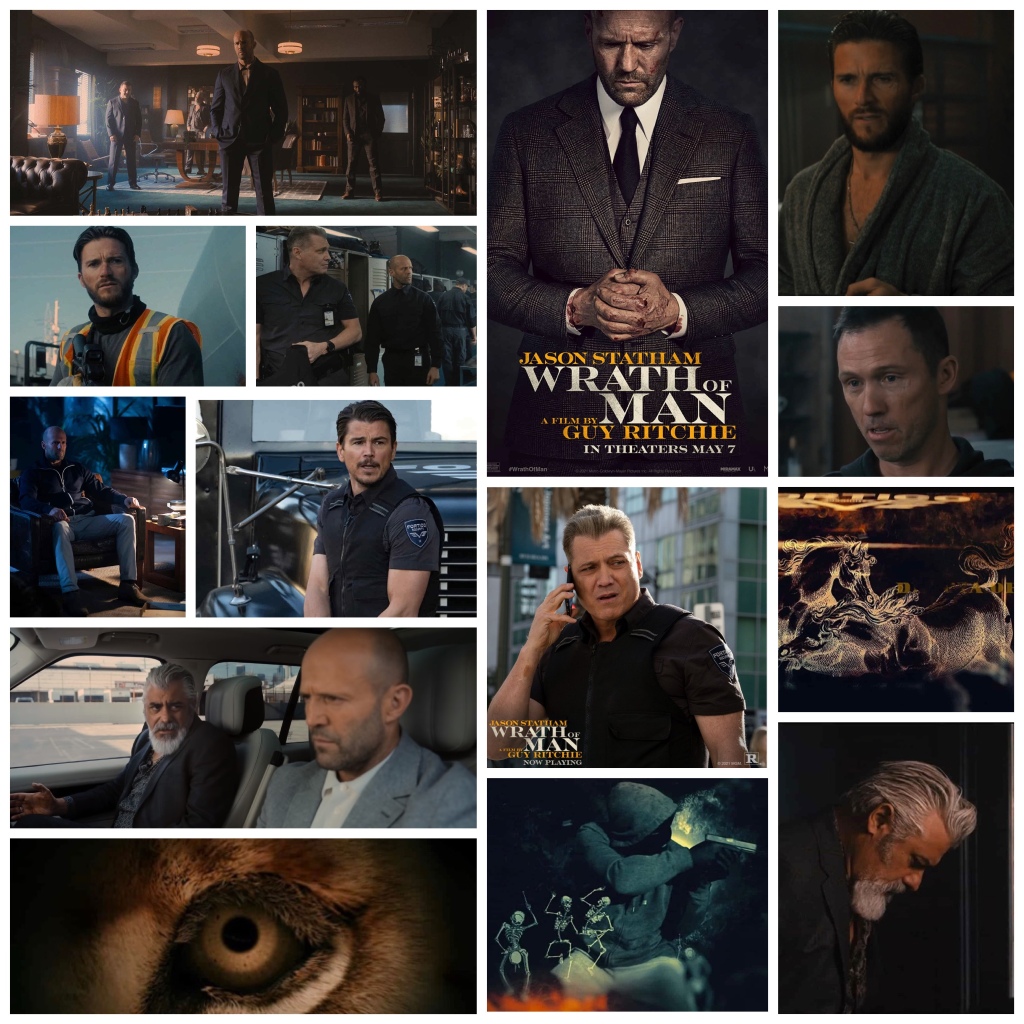
Wow man, Guy Ritchie isn’t fucking around with this one. What I mean by that is, his body of work in film thus far is marked by rambunctious characters, robustly flavourful dialogue, cartoonish mayhem, jubilant humour and just an overall house party vibe. His new heist/revenge/horror film Wrath Of Man is a jarring, impressive and welcome change of pace that plunges headlong into an aesthetic wrought with darkness, grim portent, ominous atmospherics, ruthless violence and nary a trace of whimsy to be found; Playtime is over. Jason Statham is Ritchie’s perennial muse and his gives what might be a career best performance here or at least their finest collaboration, playing a mysterious individual named H who infiltrates a no nonsense armoured truck syndicate as one of their employees, silently and lethally carrying out some dark agenda that is revealed beat by beat, flashback by flashback, scene by meticulously edited scene in a carefully calibrated nesting doll of a narrative. His coworkers are a varied bunch of assholes, tough guys and eccentrics including the top dog and natural born leader Bullet (Holt McCallany) and a dysfunctional pretty boy played by Josh Hartnett, who I was very happy to see in something again and does great cast just about as against type as possible for him. The supporting cast extends into very solid work from Andy Garcia, Jeffrey Donovan, Laz Alonso, Eddie Marsan, Post Malone, a scene stealing Darrell D’Silva and a vicious standout turn from Scott Eastwood who is looking so much like his dad these days it’s getting scary. I don’t want to spoil too much in terms of narrative because this is one serpentine, labyrinthine piece to work through and although the overall story isn’t the most complex or revolutionary endeavour, it’s in execution, tone, atmosphere and mood that Ritchie and his team do something thoroughly extraordinary. Statham makes H a truly elemental force here, like Keyser Soze, Hannibal Lecter, Michael Myers or The Devil himself he just exudes this inky menace and doom soaked ethos that fills the screen in every frame. One of the film’s strongest features is its dark, grinding, methodically rhythmical score by Christopher Benstead, full of guttural, agonized strings and stabbed by jagged notes in between the chords, standing out in the vividly stylized and blessedly old fashioned opening credit sequence and accented by several key soundtrack picks including a haunting, ghostly rendition of Folsom Prison Blues playing alongside one of the most visceral sequences. The film works as an action heist flick as it has many propulsive, bloody shootouts and chases but what really makes it something special, and for me the best of the year so far, is the time it takes in between beats, the measured, steady and grisly slowed down sequences that immerse you in its world using score, trademark colourful Ritchie dialogue albeit of a dark variety this time, hellishly overbearing, dreamscape-esque atmosphere of danger, anger and slowly burgeoning, ultimately cataclysmic vengeance. Absolutely sensational film.
-Nate Hill
